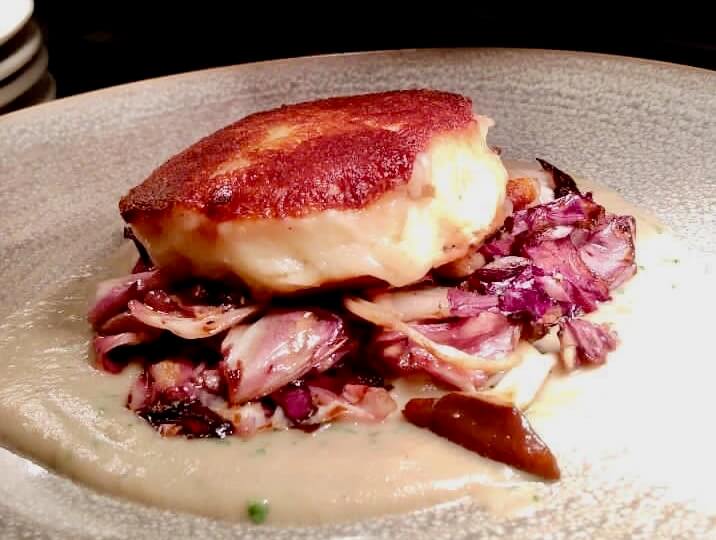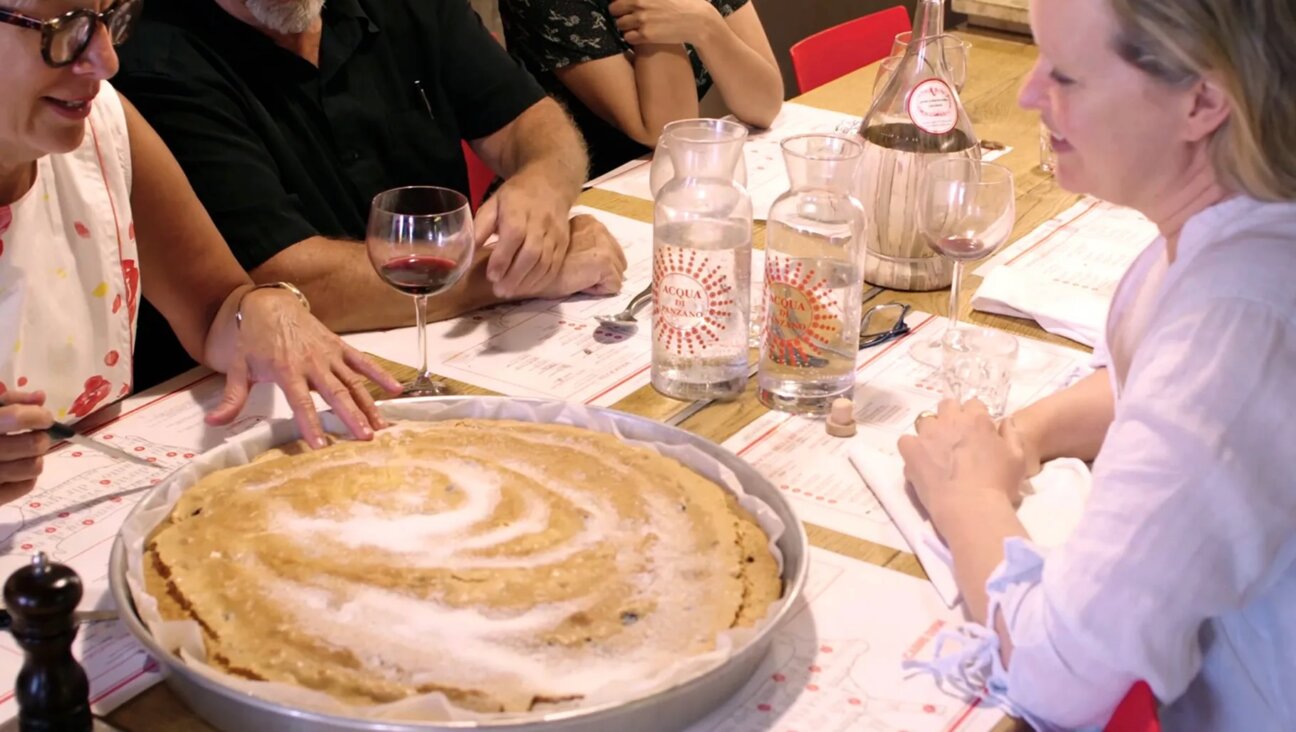Sweet Potato, Carrot, Pineapple and Coconut Curry

Image by Tami Ganeles-Weiser
Creamy and mild, this is Indian food that everyone—and I mean everyone—will love. One small warning—you should try to get fresh curry leaves and I know, it can be no mean feat. Indian and Asian stores often carry them in the refrigerator section. Dry curry leaves can be found at spice shops, specialty shops, in many ethnic stores and online. Fear not—they really take this dish from great to memorable.
Serves 6
Prep Time: 45 minutes
Cook Time: 50 minutes
3 teaspoons coriander seeds
2 teaspoons cumin seeds
3 teaspoons kosher salt
3 tablespoons coconut oil
2 small shallots, peeled and thinly sliced (about ¾ cup)
4 cloves garlic, peeled and grated, any green centers discarded
2 (4-inch) pieces ginger root, peeled and grated
½ ounce (10–14 small) fresh curry leaves or 3 tablespoons dried curry leaves, ground finely (see Kitchen Tips)
2 cups coconut milk (see Kitchen Tips)
3 cups coconut cream (see Kitchen Tips)
3 sticks cinnamon
5 large sweet potatoes, peeled, cut into 1-inch pieces (about 6 cups), garnet preferred
3 medium to large carrots, peeled, cut into 1-inch pieces (1⅔ cups)
2 ripe plantains, peeled and cut into ½ inch circles
½ pint grape or cherry tomatoes, halved
2 cups (1-inch) chunks fresh pineapple
½ cup raisins or currants
1) Heat a cast-iron or other heavy Dutch oven over high heat until hot. Add the coriander seeds, cumin seeds and salt and toast, stirring, for 25–30 seconds, until fragrant. Transfer to a spice grinder, a coffee grinder dedicated to spices or a mortar and pestle, and grind until powdery. Set aside.
2) Return the pan to the heat, add the coconut oil to it, and as soon as it melts, add the shallots. Cook, stirring, for 5–6 minutes, until translucent. Add the garlic and ginger, stir well, and cook for 30 seconds. Add the ground spices and stir. Add the curry leaves, coconut milk and coconut cream and stir well.
3) Add the cinnamon stick and stir well again. Add the sweet potatoes, carrots and plantains and reduce the heat to low. Cover and cook for 25 minutes; then uncover and cook for another 10 minutes, until the potatoes are tender when pierced with a fork. Add the tomatoes, pineapple and raisins or currants, stir well, and cook for 2–3 minutes, until heated completely throughout. Remove from the heat while the pineapple is intact and not mushy. Serve immediately.
Kitchen Tips
1) Curry leaves are the leaves of a bush native to South Asia called the curry, or kari, tree. Curry leaves are often ground into spice mixtures, but they are also added whole to soups and stews. Their distinctive flavor and aroma adds an unmistakable quality to the foods of Southern Asia. Here’s the confusing part: Although they share a name and are often used together, they are not related to curry powder or the various stews of the same name. You can find them fresh in South Asian markets and if you are lucky, in a well-stocked specialty grocery store. They are also available in dried form.
2) Coconut milk is made by blending coconut flesh with water and then straining the liquid. It’s typically used in tropical cuisines, but kosher cooks and others who rely on dairy-free cooking use it as an alternative to regular milk. Coconut milk can be purchased at almost all major supermarkets or online. Coconut milk should not be confused with coconut water, which is the liquid that comes out of the coconut when you crack it. Nor should it be confused with coconut cream, which is thicker—or with cream of coconut, the sweetened coconut product that is used in cocktails and baked goods —or the refrigerator aisle’s coconut milk, which although delicious, often has sweeteners and flavoring.
Tami Ganeles-Weiser is a food anthropologist, recipe developer, writer and founder of TheWeiserKitchen.
A message from our Publisher & CEO Rachel Fishman Feddersen

I hope you appreciated this article. Before you go, I’d like to ask you to please support the Forward’s award-winning, nonprofit journalism so that we can be prepared for whatever news 2025 brings.
At a time when other newsrooms are closing or cutting back, the Forward has removed its paywall and invested additional resources to report on the ground from Israel and around the U.S. on the impact of the war, rising antisemitism and polarized discourse.
Readers like you make it all possible. Support our work by becoming a Forward Member and connect with our journalism and your community.
— Rachel Fishman Feddersen, Publisher and CEO























